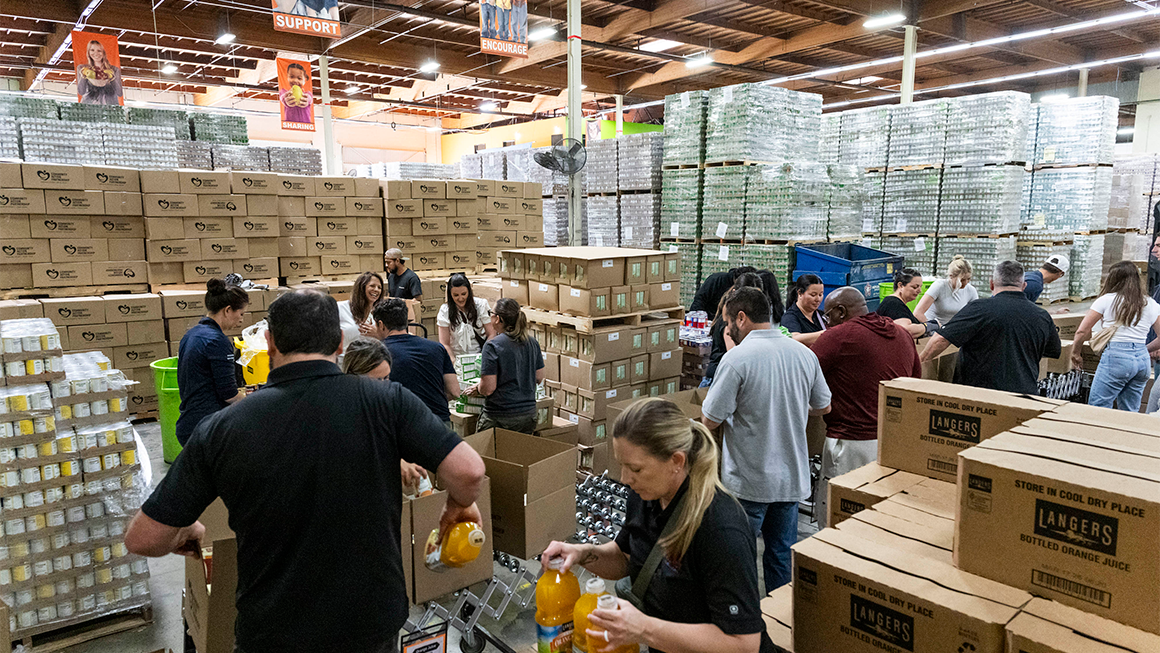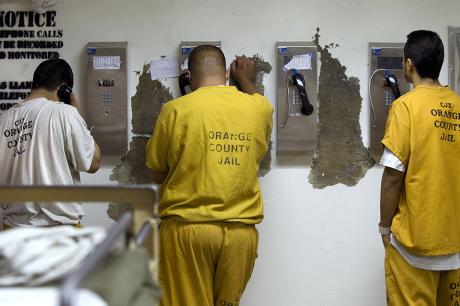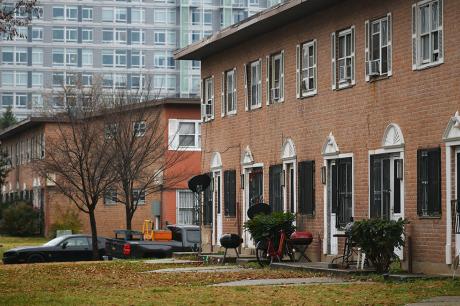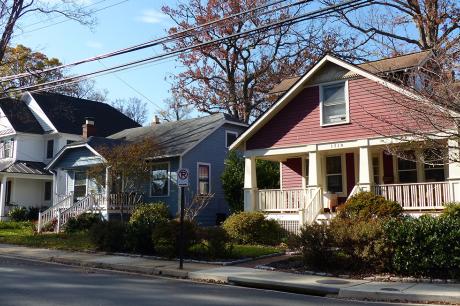Articles and analysis on today's issues

Federal cuts to the Supplemental Nutrition Assistance Program could cause some DC-area families to lose an average of $187 in monthly benefits.
Low-Cost Phone Calls Benefit Incarcerated People, Their Families, and Criminal Legal Institutions Telephones can be a lifeline for people who are incarcerated, but calling home is expensive. New legislation is helping to make it more obtainable—but policymakers can take additional steps to break down affordability barriers.Addressing Climate Change through Housing Policy: Lessons from the Greater DC Region Climate mitigation and adaptation policies and programs from the DC and Baltimore areas can guide local policymakers in addressing the needs of the communities most at risk of climate change effects.Few Families Receive the TANF Cash Assistance They’re Eligible For TANF helps families make ends meet, but not if eligible families can’t access it.Rising Interest Rates Put the Brakes on the Mortgage Market for Borrowers with Low Incomes Rising interest rates have curbed both supply and demand in the housing market, disproportionately affecting the ability of borrowers with lower incomes to buy a home.How Much Money Should Early-Life Wealth-Building Programs Provide to Reduce the Racial Wealth Gap? Lessons from practitioners suggest jurisdictions should tailor amounts and investment approaches to their specific program’s goals.How Temporary Immigration Status Has Affected Afghan Evacuees in the US With the two-year temporary immigration status for Afghan evacuees set to expire soon and the immigration cases of many in limbo, there are concrete effects of this status on their integration and success in the US.





